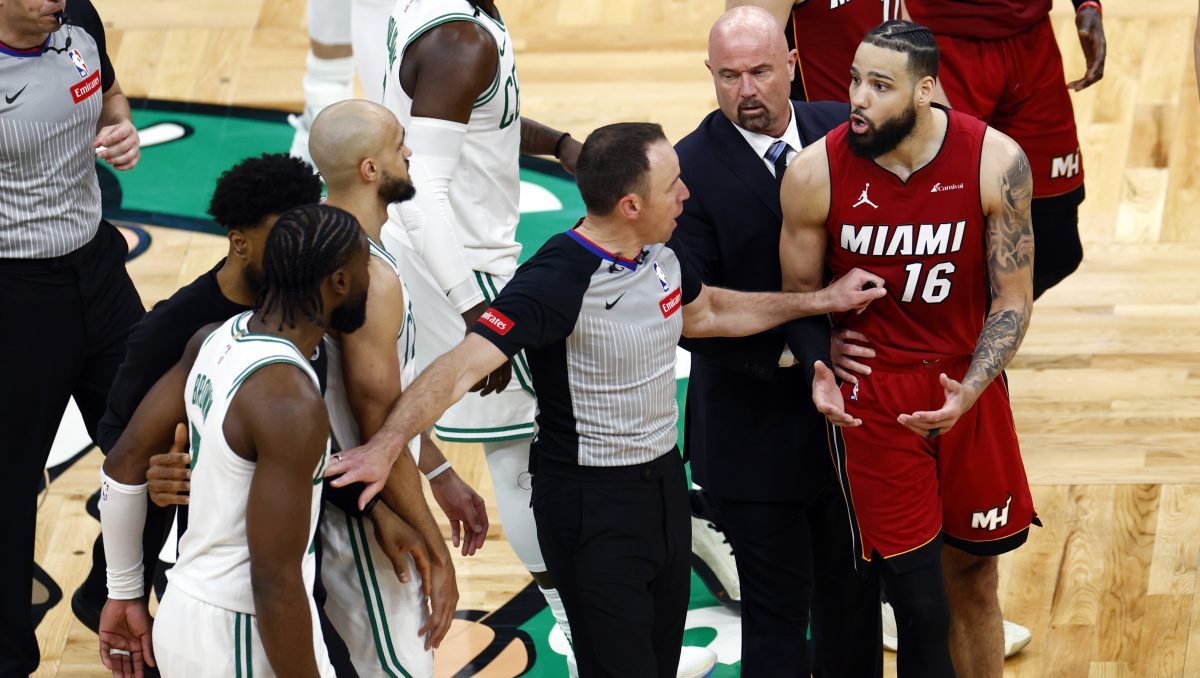You've probably seen the advertisements: Go to findmassmoney.com, type in your name and see if you're owed cash.
The website, run by the Massachusetts State Treasurer's office, catalogs more than $3 billion worth of money, stocks and assets waiting to be collected from the state's unclaimed property fund.
Under state law, companies must turn over property to the state if they can't find the rightful owner within three years. That abandoned property can be anything from uncashed paychecks to old bank accounts, stocks or life insurance policies.
Much of the money is owed to individuals. But public entities also have thousands' worth of taxpayer dollars coming back to them.
So why aren't some collecting it?
The NBC10 Boston Investigators identified more than $1 million worth of unclaimed property owed to cities and towns in Massachusetts in the state treasurer's database. Some of it has been on the books for years, even though cities and towns are regularly notified about it.
"Every year we send a claim form to a city and town," said Assistant Treasurer Mark William Bracken, who runs the program on behalf of the state.
Local
In-depth news coverage of the Greater Boston Area.
The treasurer's office also has five investigators assigned to search the records and flag taxpayer dollars. Even with that assistance, records provided by the treasurer's office this spring showed tens of thousands of dollars outstanding.
Boston, Brookline, Worcester, Newton and Springfield had the most money owed to them at the time of our search.
For example, there was a nearly $16,000 check for Springfield from MGM Resorts, operator of the MGM Springfield hotel and casino. Only once we alerted the city did it claim the money.
Records showed Newton was owed a check for more than $13,000 from a large apartment building, although city officials told NBC10 Boston they have already taken steps to claim it.
The money represents a small portion of the budget in most communities, but taken together, $1 million would be enough to hire more than a dozen teachers, pay more than 30 crossing guards or fix 25,000 potholes, at $40 apiece.
Worcester's chief financial officer, Thomas Zidelis, said the city is diligent about filing claims. The city typically recoups about $100,000 to $150,000 each year from the unclaimed property fund, he said.
"Not to diminish that amount, [but] we're a $750 million general fund business," Zidelis said, describing the city budget, "so in terms of the aggregate dollar amount, it's not usually a lot of money. But it's money due to the city, due to the taxpayers, so we put claims in every year."
Even so, NBC10 Boston found close to $60,000 waiting to be collected by Worcester. Zidelis said it probably comes down to timing, since the city only collects a couple of times per year.
"We just have to be diligent knowing we have to do that a couple of times a year and put claims in once they advertise them," he said.
For Boston, we found more than a quarter of a million dollars sitting in the treasurer's database. Around the time we started asking questions, Boston claimed the money.
City officials did not respond to numerous requests for an on-camera interview. In a statement, they said the city usually claims money once a year because it would be inefficient to check more often.
But state records show before this year, Boston had not successfully collected money from the unclaimed property fund since 2016. The city attempted to file a claim in 2018, but the process stalled after the state made a request for more paperwork, according to officials in the treasurer's office.
"If you're a big city, you have millions of checks coming in the door every year," Bracken said. "You have millions of payments being made to the cities and towns, so money's always going to get lost."
And what about you? Bracken said about one in four people in the state have money owed to them, meaning the odds are good your name is in the state's database: "Everyone always tells us, 'Oh, I don't have any [unclaimed] money. I'm good with my money.' Well, we hear that from everyone, and if everyone was [correct], we wouldn't have $3.4 billion in unclaimed property."



